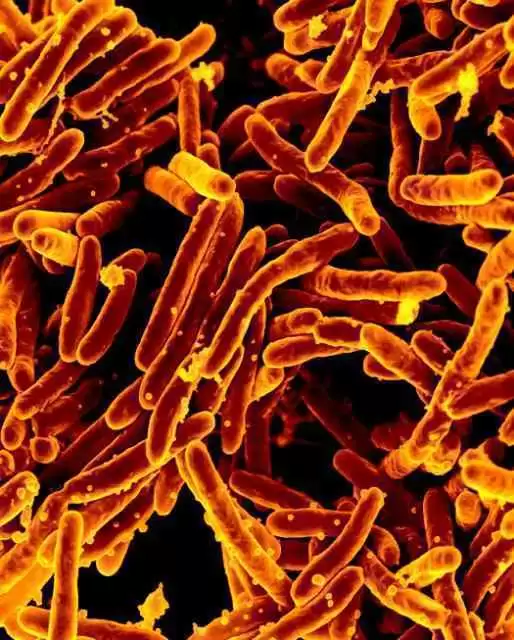
Celiac.com 04/27/2020 - Recent studies on celiac disease have reported changes in the gut microbiome. Researchers don't currently know if the change in the microbial makeup is the cause or a result of the disease, especially in cases of adult onset celiac disease. A team of researchers recently set out to compare of small gut and whole gut microbiota of first-degree relatives with adult celiac disease patients and controls.
The research team included Rahul Bodkhe, Sudarshan A. Shetty, Dhiraj P. Dhotre, Anil K. Verma, Khushbo Bhatia, Asha Mishra, Gurvinder Kaur, Pranav Pande, Dhinoth K. Bangarusamy, Beena P. Santosh, Rajadurai C. Perumal, Vineet Ahuja, Yogesh S. Shouche, and Govind K. Makharia. They are variously affiliated with the National Centre for Microbial Resource, National Centre for Cell Science, Pune, India; the Department of Gastroenterology and Human Nutrition, All India Institute of Medical Sciences, New Delhi, India; the Department of Transplant Immunology and Immunogenetics, All India Institute of Medical Sciences, New Delhi, India; and AgriGenome Labs Pvt. Ltd., Kerala, India.
Celiac.com Sponsor (A12):
First-degree relatives of celiac patients might offer researchers a chance to study gut microbiome in pre-disease state, since they are genetically prone toward celiac disease. 16S rRNA gene sequencing showed that ecosystem diversity was similar for the disease condition in celiacs, the pre-disease condition in first-degree relatives, and for control subjects. They did note differences in levels of amplicon sequence variant (ASV), indicating changes in specific ASVs between pre-disease and diseased condition.
Duodenal biopsies showed greater differences in ASVs compared to fecal samples, which suggests more widespread disturbance to the microbiota in the diseased area. The duodenal microbiota of first-degree relatives was marked by large quantities of ASVs of the genera Parvimonas, Granulicatella, Gemella, Bifidobacterium, Anaerostipes, and Actinomyces. The duodenal microbiota of people with celiac disease contained more ASVs from genera Megasphaera and Helicobacter compared to the microbiota of first-degree relatives.
Compared to control group microbiota, the fecal microbiota of both celiacs and first-degree relatives had lower amounts of ASVs classified as Akkermansia and Dorea. Moreover, functional metagenome projections showed reduced gluten degradation by celiac fecal microbiota as compared with first-degree relatives and control subjects.
The data show clear differences in ASVs and suggests that celiac fecal microbiota have an impair ability to break down gluten compared to the fecal microbiota of first-degree relatives.
More research is needed to examine strain levels and active functional microbiota profiles, in celiacs and first-degree relatives, in order to clarify role of gut microbiome in celiac disease development.
Read more in Frontiers of Microbiology, 08 February 2019









Recommended Comments
There are no comments to display.
Create an account or sign in to comment
You need to be a member in order to leave a comment
Create an account
Sign up for a new account in our community. It's easy!
Register a new accountSign in
Already have an account? Sign in here.
Sign In Now